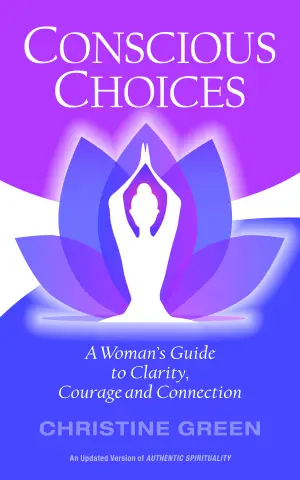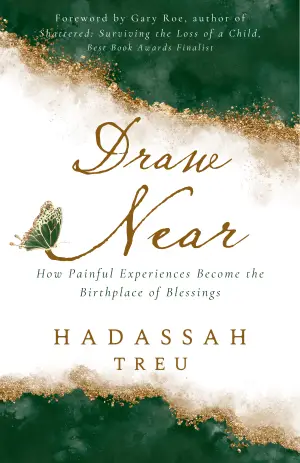A Reflection on Legacy: A Black Physician Reckons with Racism in Medicine
When I first picked up Legacy: A Black Physician Reckons with Racism in Medicine by Dr. Chanelle Blackstone, I felt an undeniable pull. As someone who works in a high-risk OB office, the challenges presented by systemic racism in healthcare are more than just statistics—they’re a reality that impacts the way I practice every day. Dr. Blackstone’s powerful narrative not only resonated with my professional experiences but also connected deeply with my personal journey of understanding and confronting biases in medicine.
Dr. Blackstone’s journey begins in a household where ambition and resilience were carved into her identity by a mother who not only raised six children but also forged her own path by becoming an LPN. This backdrop paints a compelling portrait of how legacies of strength and struggle shape the lives of those who follow. As Blackstone and her sister pursued their dreams of becoming doctors, I couldn’t help but reflect on my own story of growing into my profession, inspired by my own family’s history. The heart-wrenching moment when Dr. Blackstone lost her mother to blood cancer at 47 deeply resonated with me, showcasing the intertwining of personal loss and professional motivation.
Key themes in Legacy tackle the systemic racism entrenched in medical schools, hospitals, and society at large. Dr. Blackstone reveals chilling stats: only 2.8% of physicians are Black women, which correlates with the disproportionately high mortality rates faced by Black women and babies in America. This is both a sobering and enlightening read for anyone in the medical field. She masterfully weaves the history of educational inequities—like the tragic dismantlement of medical schools for Black training in the South after Reconstruction—into her narrative. It’s a painful reminder of the barriers still at play today.
Dr. Blackstone’s writing style is both engaging and thought-provoking, balancing candid storytelling with incisive analysis. The pacing kept me hooked, drawing me into her experiences and insights as if I were having an intimate conversation with a friend. One moment that struck me profoundly was her commentary on the medical world’s historical legacy:
“Today, studies show that your zip code is a much bigger determinant of health outcomes than your DNA.”
This statement encapsulates the crux of the book—how deeply ingrained systemic issues dictate access to healthcare rather than individual merit or genetics.
Additionally, Blackstone dives into the implications of the pulmonary function test, tracing it back to a troubling past founded on racist ideology, illuminating how such misconceptions continue to affect modern medicine. The legacy of Dr. Samuel Cartwright, who misrepresented science to justify inhumane practices, remains embedded in contemporary tools—an unsettling revelation that left me reflecting on the ethical responsibilities we bear as practitioners.
Legacy is essential not only for those in the medical field but for anyone interested in understanding the roots of health disparities. Dr. Blackstone’s insights urge us all to confront our biases and challenge systemic racism. I wholeheartedly recommend this book to fellow healthcare professionals, aspiring medical students, and anyone who values the interconnectedness of history, identity, and care.
In a world where the stakes are so high, this book has prompted me to reflect on not just how I practice medicine but how I can contribute to a more equitable future. It’s an evocative call to action that resonates long after the final page is turned, urging readers to continue the dialogue and address the disparities that persist in our society.
Discover more about Legacy: A Black Physician Reckons with Racism in Medici… on GoodReads >>






